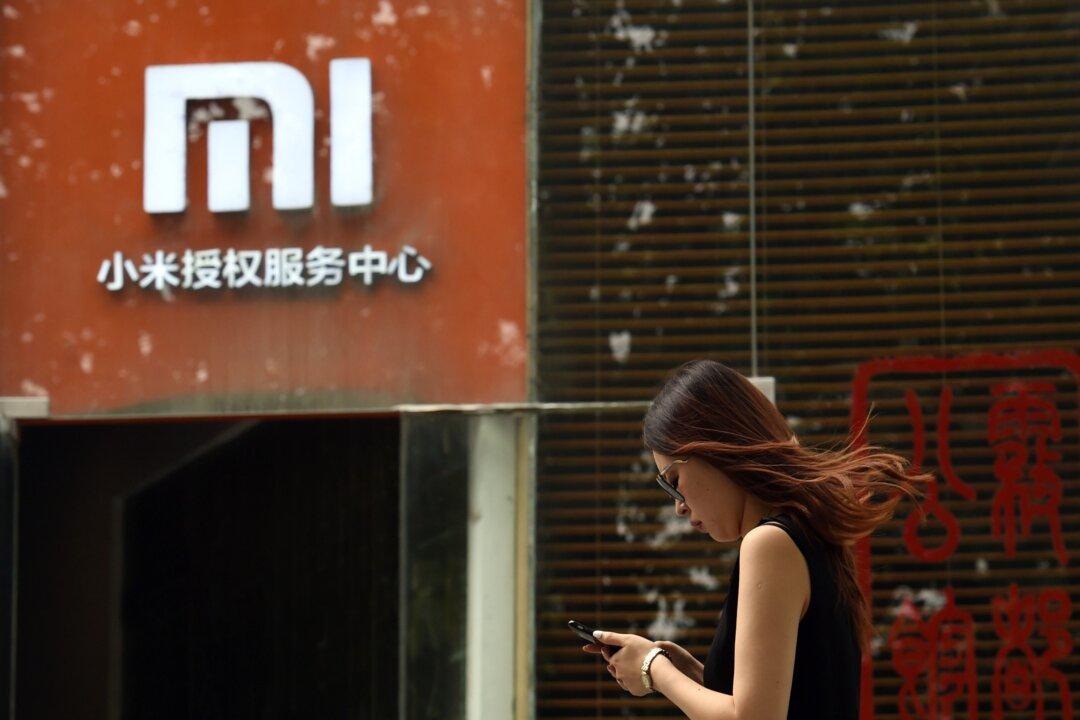Xiaomi, the world’s third-largest cell phone maker and China’s second-largest, denied its connections to the military after it was blacklisted by the Trump administration as a military-owned company controlled by the CCP, but a closer look at the background and connections of its founder and CEO, Lei Jun, led to the discovery of a huge and tightly interwoven network of ties with the Chinese Communist Party’s (CCP) military.
Xiaomi: Blacklisted and Denial
On Jan. 14, the Trump administration added nine Chinese firms, including Xiaomi, to a list of companies that are owned or controlled by the CCP’s military. Businesses on the list are subject to restrictions, including a ban on American investment.Xiaomi Group’s share price immediately plunged after this announcement, with its share price in Hong Kong falling 13.6 percent at one point.
